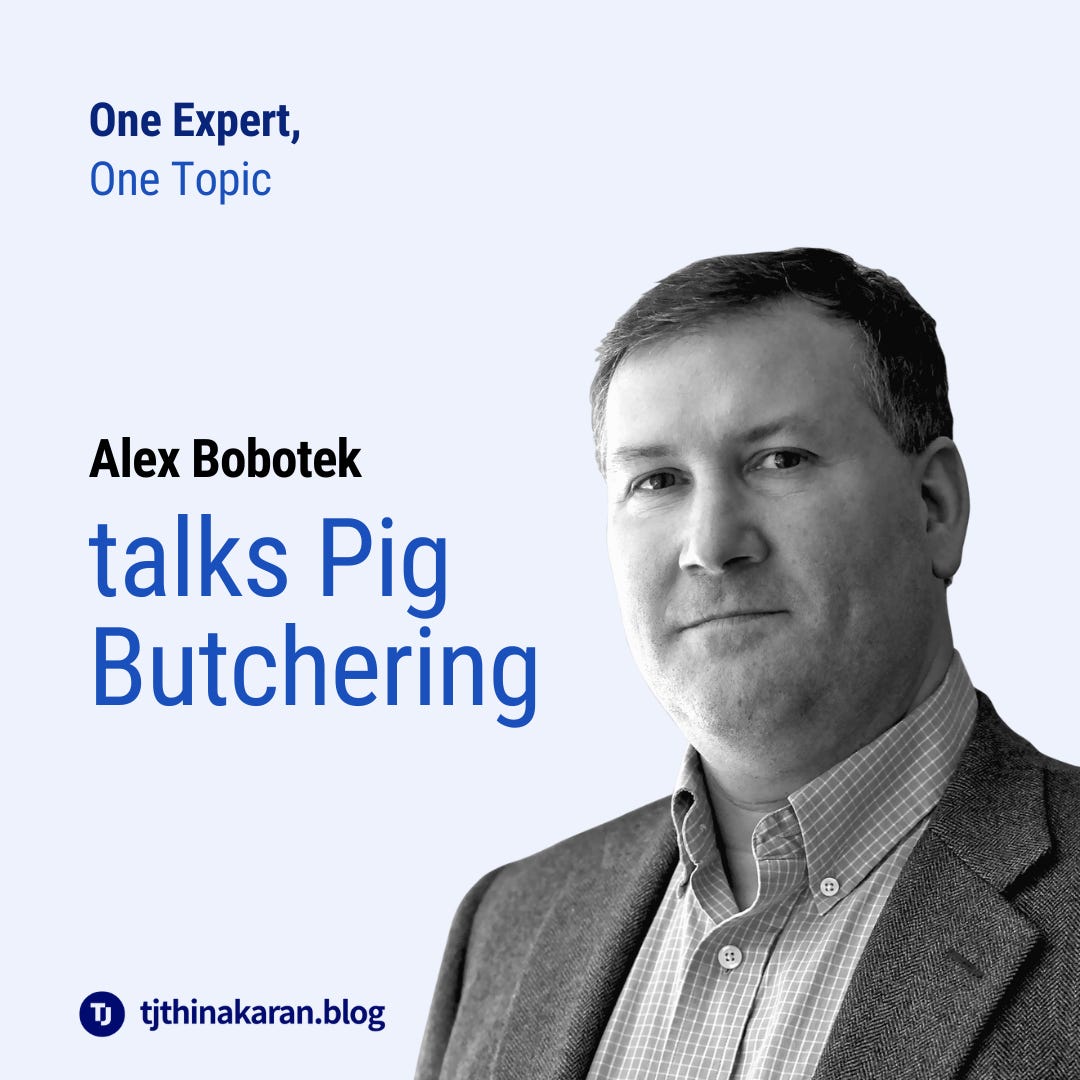The Not-So-Secret Salesforce Playbook; T-Mobile Fines Unwanted Content; and Alex Bobotek Talks Pig Butchering
Growth tips from the original innovator
The Not-So-Secret Salesforce Playbook
Salesforce made “as-a-Service'' a noun. Attach it to the end of any category, and the business model is self-evident. Not only has Salesforce a SaaS pioneer, it has also continued to lead the category every year from its IPO through the great recession then the COVID-19 pandemic to today.
Marc Benioff (with Carlye Adler) documented the Salesforce journey in their 2009 book Behind the Cloud. Part memoir, part handbook on how this all came to be, it made my 5 Business Books I Wish I’d Read Earlier list:
“From the cover to the title, Behind the Cloud is set up to be a perfect runway read. You pick it up at an airport in NYC, and by the time you touch down in LA, you’ve finished the book. I picked up the book at a used bookstore expecting it to be hagiographic, but Benioff delivers on the title and more.”
The book has 111 plays split into 9 playbooks: startup, marketing, events, sales, technology, philanthropy, global products, finance, and leadership. Regardless of where they are in their leadership journey, there is something for every leader. Once you read it, you’ll also notice patterns in other players. There is a checklist to become a great SaaS company; this book documents it in a simple and personal way. Be it Twilio, Snowflake, or Hubspot, you’ll notice every unicorn applies this checklist, even if they didn’t get it from the book.
Sidebar: CAGR
Perhaps because I just finished with my second cohort at the UCLA Anderson School of Management capstone, Compound Annual Growth Rate (CAGR) has been on my mind lately.
As I tell my students, CAGR (pronounced “KAY-gur”) hides the volatility that is an operator’s daily bread. It is devised as a tool for long-term financial forecasting but is a poor metric for operating a business. It hides the month over month, quarter over quarter, year over year slog to grow the business. It can falsely portray the growth as automatic.
For example, since IPO, Salesforce has grown at a CAGR of 18.92%. That is, if you smoothed out all the volatility from the heady early years, and the tamer recent years, all the macroeconomic winds in between, it grew at almost 19% each year. The metric hides the pound-the-pavement hard work it is to build and scale a company through normal seasonality or black swan events like a global pandemic.
In my M&A advisory, too often I see future CAGR estimates based on assumptions that are intellectually dishonest if not operationally untenable. A classic example is straight-lining YoY growth and then calculating CAGR based on that flawed math. Even if your assumptions are grounded, use CAGR to report to the investor, but don’t use it to run the business.
Finally
Taken in five-year intervals, Salesforce grew at a CAGR of 47%, 32%, 25%, and 16%, respectively; at ten-year intervals, it grew at a CAGR of 38% and 22%, respectively; and since IPO, it’s grown at 19% CAGR. Or, Salesforce ended its FY 2024 at 195 times its IPO revenue. No matter how you look at it, these are impressive numbers. If you want to understand how Salesforce did it, Behind the Cloud is for you.
T-Mobile Fines Unwanted Content
ICYMI, T-Mobile announced fines on senders of spam content that went into effect in January and an update (thanks, Glenn Richards) that went into effect on March 1. This is a good call because the alternatives, either RCAs that don’t do much, or complete shut-offs that are too punitive, don’t reflect the heterogeneity of messaging use cases. The announcement is a call to all senders that they need to know their traffic and stop spam before it enters any of the carriers’ networks.
Also, to those who think that either T-Mobile may not be able to police it or that other carriers may not follow suit, you don’t want to test that theory. The cost of getting it wrong is getting kicked off the network entirely. The way these things work, one carrier takes the lead and the others follow suit. Know. Your. Traffic.
Alex Bobotek Talks Pig Butchering
Long before John Oliver’s brilliant expose on the matter and Business Insider’s (BI) reporting, AT&T’s Alex Bobotek has been fighting schemes like Pig Butchering for decades. In fact, he won M3AAWG’s Mary Litynski lifetime achievement award for his efforts to fight spam.
In this edition of One Expert, One Topic, Alex talks about Pig Butchering. He talks about what even John Oliver and BI didn’t cover: the existence of robocall sucker lists and how AI is going to change the game for both the criminal and the crime fighter.
Thank you for reading, and have a great week!
TJ



